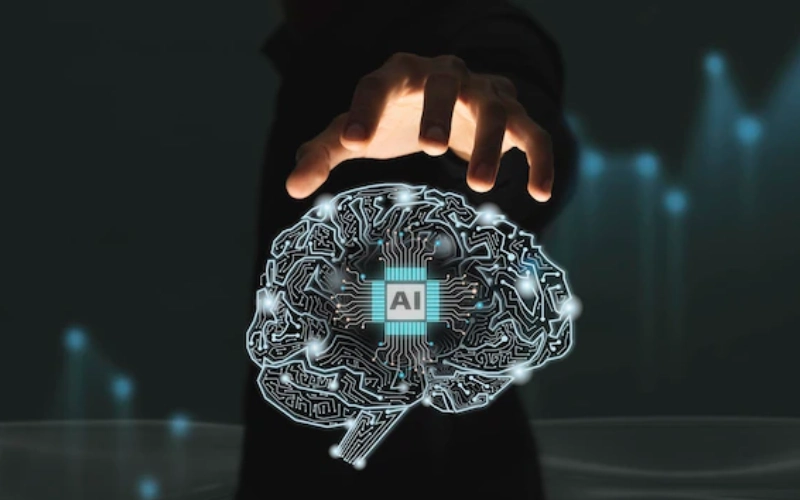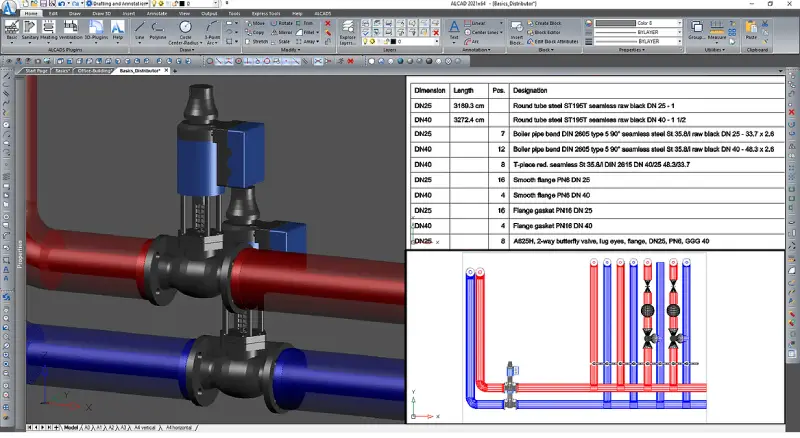The development and advancement of open artificial intelligence (AI) has opened doors to a whole new realm of possibilities for industries around the world. Open AI is a term used to describe AI technologies that are open-sourced and accessible to everyone, rather than proprietary and exclusive. This means that businesses of all sizes, not just big corporations, can incorporate AI into their operations and processes. The integration of open AI has transformed industries in various ways, bringing about significant changes and improvements. In this paper, we will discuss the impact of open AI integration on industries and the benefits, challenges, and opportunities it presents.
Understanding Open AI Integration and Its Benefits
Open AI Integration refers to the process of incorporating open AI technologies into various industries. This can include machine learning algorithms, natural language processing, robotics, and other AI-powered tools. The most significant advantage of open AI integration is accessibility, as mentioned earlier. With open AI, businesses can access cutting-edge technology without the high costs associated with developing their own AI capabilities. This level playing field allows for more competition, innovation, and diversity within industries. Open AI integration also facilitates collaboration and knowledge-sharing between businesses, leading to the development of new and improved AI solutions.

Revolutionizing Industries with Open AI Integration
One of the most significant impacts of open AI integration is its ability to revolutionize industries. For example, in healthcare, open AI integration has enabled the development of personalized medical treatments and diagnostic tools. AI-powered systems can analyze vast amounts of data, identify patterns, and make predictions, allowing for more accurate diagnoses and tailored treatment plans for patients. In the transportation industry, open AI integration has led to the development of self-driving cars, reducing the risk of human error and improving road safety. In retail, AI-powered systems can analyze customer data and behavior to make personalized product recommendations, enhancing the overall shopping experience. These are just a few examples of how open AI integration is transforming industries, with countless other applications still being explored.
The Power of Open AI: How it’s Changing the Game?
Open AI integration has completely changed the game for inthe exceptional servicedustries by allowing them to tap into the power of AI. In the past, AI technology was only accessible to large corporations with significant resources and capabilities. However, with open AI, even small businesses can incorporate AI into their operations, allowing them to compete with larger companies on a more level playing field. This has led to increased innovation and disruption within industries, as businesses strive to stay ahead of the curve and leverage the power of AI to gain a competitive advantage.
Challenges and Opportunities of Implementing Open AI Integration
While open AI integration presents significant benefits and opportunities, it also comes with its own set of challenges. One of the main challenges is the need for skilled AI professionals. As the demand for AI integration grows, so does the demand for AI experts who can understand and develop these technologies. This shortage of skilled AI professionals can be a barrier for businesses looking to integrate AI into their operations. Another challenge is the potential ethical implications of using AI in decision-making processes. Businesses must carefully consider and mitigate any biases or unintended consequences of AI-powered systems. However, with the right approach, these challenges present opportunities for growth and development for both businesses and the AI industry as a whole.
Exploring the Potential of Open AI Integration in Various Industries
The potential of open AI integration in various industries is vast and still being explored. In the financial sector, AI-powered systems can analyze market trends and make investment decisions. In manufacturing, AI algorithms can improve supply chain management by predicting demand and optimizing inventory levels. AI-powered tools can assist with personalized learning and grading, freeing up teachers’ time for more meaningful interactions with students. The possibilities are endless, and as the technology continues to develop and evolve, open AI integration will unlock even more potential in industries.
Maximizing Efficiency and Productivity Through Open AI Integration
One of the greatest advantages of open AI integration is its potential to maximize efficiency and productivity within industries. With AI-powered systems taking on more mundane and repetitive tasks, employees can focus on more crucial and complex ones. This can lead to increased productivity, better decision-making, and overall efficiency in operations. Additionally, AI can process and analyze vast amounts of data at a much faster pace than humans, giving businesses valuable insights and information to make informed decisions.
Embracing the Future: Open AI Integration for Industry Transformation
In conclusion, open AI integration is changing the game for industries and paving the way for a transformed future. The benefits and potential of this technology are vast, and as it continues to evolve and develop, it will undoubtedly bring about more significant changes and improvements in various industries. However, to fully embrace the potential of open AI, businesses must be willing to invest in infrastructure, skilled professionals, and ethical considerations. With a strategic approach to open AI integration, industries can harness its power to drive growth, innovation, and transformation. The future is indeed open AI, and those who embrace it will be at the forefront of industry transformation.
Conclusion
Open AI integration has the potential to transform industries in numerous ways, from automating processes and tasks to driving innovation and improving decision-making. While challenges exist, the benefits of adopting AI technologies into business operations far outweigh them. With proper planning and implementation, open AI integration can increase efficiency, productivity, and profitability in various industries and pave the way towards a more innovative and competitive future. It is essential for businesses to embrace this technology and prepare for the opportunities and challenges that come with it in order to remain relevant in an ever-evolving business landscape.

Leif Serrano, a passionate content writer based in one of the vibrant cities of the United States. My journey in the realm of words has been nothing short of an exhilarating exploration, where every sentence is a step toward unraveling new ideas and perspectives.




